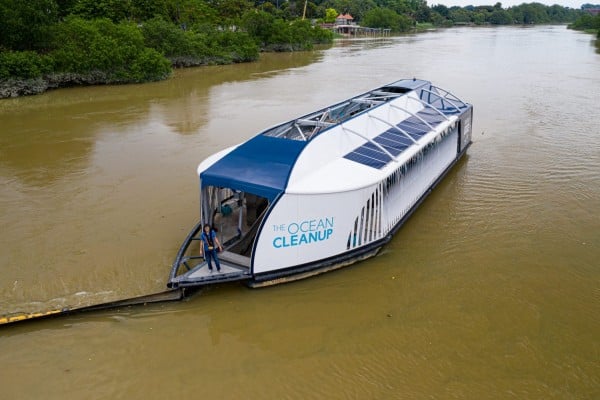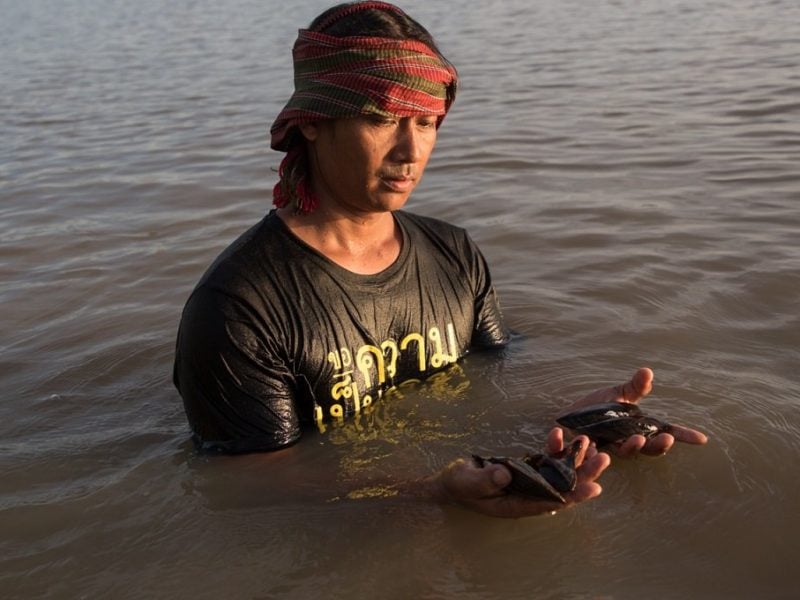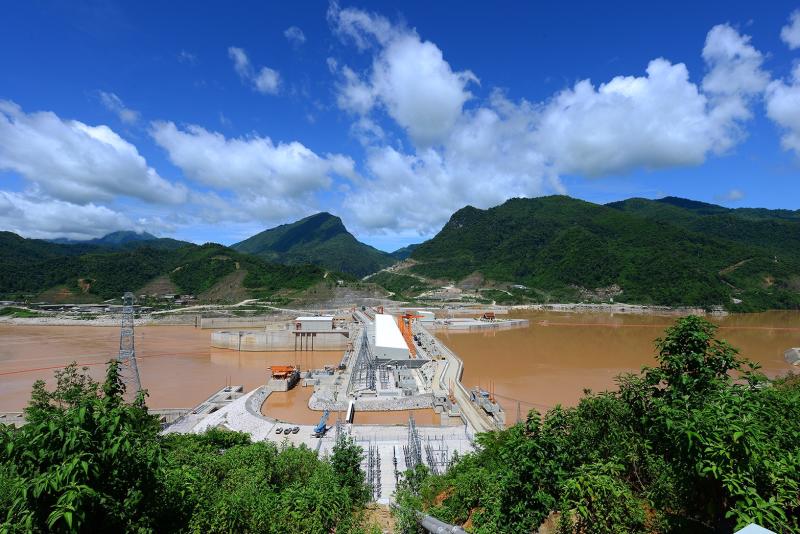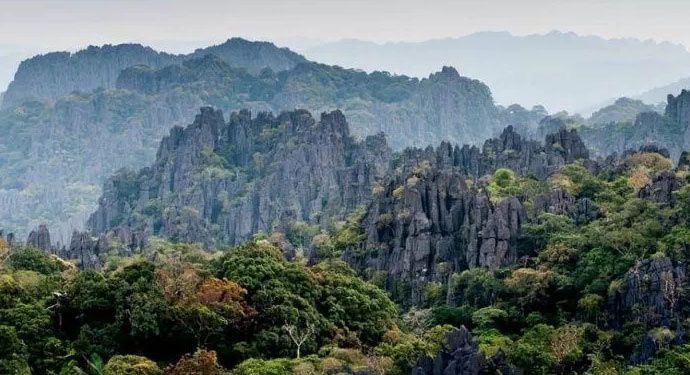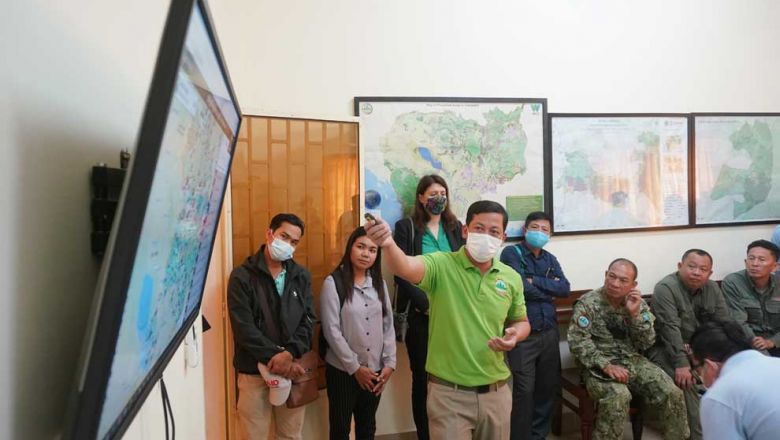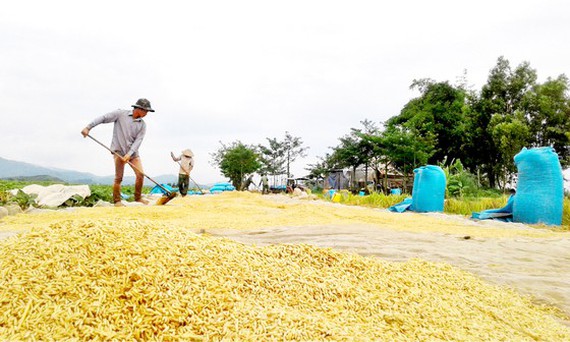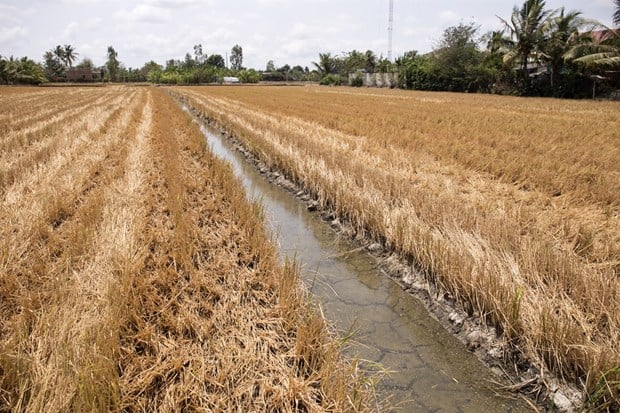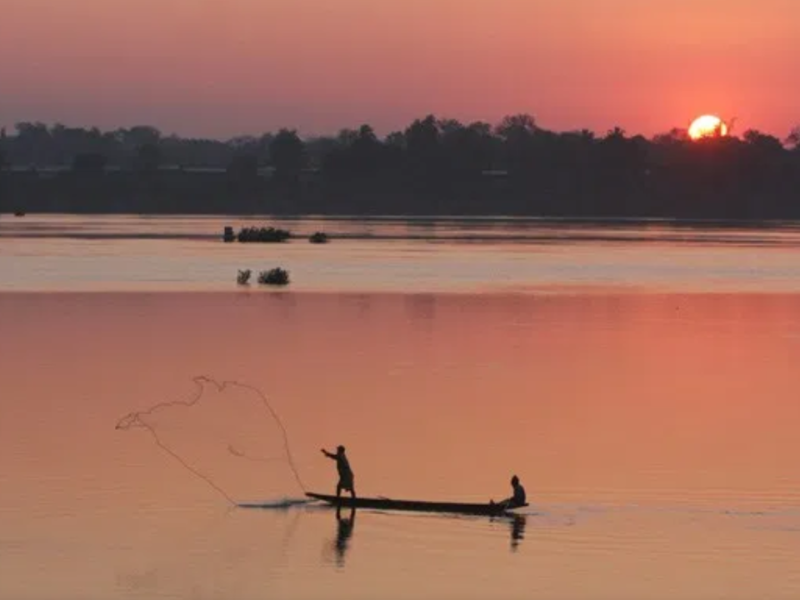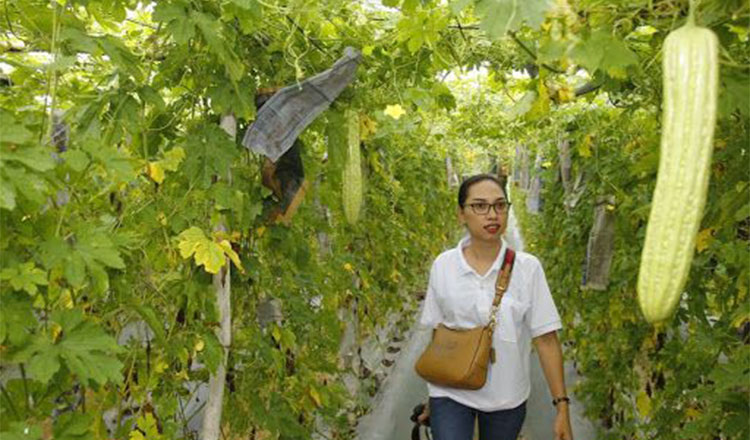“This innovation should help curb the volume of free-floating rubbish before it actually gets washed out into the ocean, mitigating the impact of marine debris on endangered marine creatures and coastal marine ecosystems,”
Category: Article
On the banks of Thailand’s Mun River, villages are struggling to survive in the shadow of the dams
Raiwan Anan-uea, 48, recalls a simple and happy adolescence in the district of Rasi Salai, where a dozen villages shared the abundant resources available in this remote corner of Isan (north-eastern) Thailand. “All year round we could grow rice, beans, cucumbers and potatoes. We could pick bamboo, catch catfish and water snails, cultivate honey, graze […]
Dam-Impacted Water–Energy–Food Nexus in Lancang-Mekong River Basin
A WEF nexus model for the Lancang-Mekong River Basin (LMRB) was developed to investigate the impacts of value preferences from riparian countries, reservoir operation policies, and future dam construction.
Laos: Famed Hin Nam No national park to join IUCN green list
The national park covers 94,000 hectares, mostly comprising pristine karst forests. Together with the Phong Nha-Ke Bang National Park, it constitutes the largest protected tropical karst area in the world.
Platform to help fight forestry crimes
“So, using modern technology like the PMAP platform that can record all the data would make it more convenient [for rangers] to control the general situation and take immediate measures to tackle crimes.
Conversation on China’s latest white paper and flagging Belt and Road Initiative
Murg’s work focuses on Chinese aid and investment policy in Southeast Asia; the political economy of foreign aid; and the politics of the Greater Mekong Sub-region as a whole.
Agricultural sector reduces rice-growing areas, improves rice quality
Agro-ecological zones, that are severely affected by climate change, such as drought and saltwater intrusion, namely the South Central Coast, Binh Thuan, Ninh Thuan provinces, the Central Highlands, and coastal areas in Mekong Delta provinces, have actively changed the structure of crops and animals, instead of growing rice.
Water shortages, climate change linked to saline intrusion in Mekong Delta
Chinese hydropower plants’ cutting their water discharge in January will make the salinity depth increase to 4g/l in the mouth of the Mekong Delta’s Vam Co River and Cai Lon River.
Giving local rivers a voice
Activist Pianporn “Pai” Deetes’ fight against the planned construction of dams along the lower stretches of the Mekong River by the Chinese government is a David-versus-Goliath story.
Hope for rural poor in Cambodia through China-aided pilot project for poverty alleviation
Funded by China Foundation for Peace and Development (CFPD) and implemented by Cambodia’s Civil Society Alliance Forum (CSAF), the three-year project is aimed at transforming this poor village into a model village for poverty alleviation in the Southeast Asian country.


